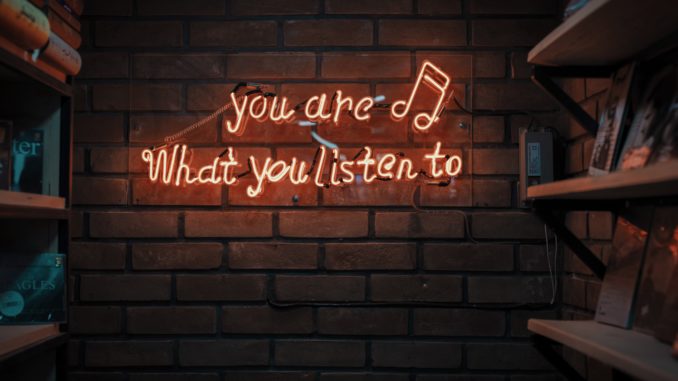
Do you play music in your practice? If you do, you’ll need a licence. We investigate the new joint music licence offered by the PPL and PRS, and include information that will help you stay on the right side of the, previously complex, licensing laws. It’s simpler than you think
If you play music or broadcast television in your practice waiting room you need a licence. This is separate from any subscription costs or existing licences (including a TV license) that you may have; that’s the legal position according to Phonographic Performance Limited (PPL) and the Performing Rights Society (PRS) – the two organisations responsible for claiming royalties for all music played in public.
These two organisations act on behalf of musicians to claim the royalties for every performance of their material. The PPL protects performers and record companies, while PRS for music represents songwriters, composers and music publishers.
As far back as 2015 Pulse was warning practice owners that a music licence was required to play recorded music or show television within the practice; a heavy fine could be coming to those without a licence. In recent years both organisations have become more aggressive in their approach, with strongly worded letters dropping through the letterboxes of practices and businesses up and down the country.
In the past figuring out what licence (or licences) you needed could be confusing. Thankfully, the PPL and PRS have now joined together and, from February 2018, have been offering a single licence – TheMusicLicence – that will enable practices to legally play or perform music in public.
PPL and PRS have produced a short video explaining their new relationship and what it means for you.
How much does TheMusicLicence cost?
The price you pay relates to the size of the business and the way you use music. Typically, it will be around £200 for a joint licence, but this can be higher or lower depending on the size of your practice, the waiting room and how you broadcast music.
The PPL currently charges £130.71 for each waiting room area.
The PRS currently charges £86.65 for a waiting room with fewer than 19 seats.
Be aware that the PRS charges a higher tariff for those who have been caught broadcasting music in their waiting room or surgery without a licence. They have also recently announced that rates, which have stayed the same since 2017, will soon increase.
How can I get one?
It’s now much simpler to obtain a licence using TheMusicLicence website. Every quote is personalised to the practice, but will follow the costs outlined above.
What if I don’t want to pay the license?
If you want to play music, but don’t want to pay the licence fee, then you are breaking the law and could be sued for damages, although it is more likely that you will be forced to purchase a licence. If you obtain a licence after you have begun broadcasting music you will be charged a higher fee by the PRS.
Some practices have decided to avoid paying the licence fee by purchasing and playing copyright free music. The LMC Buying Groups Federation has negotiated a discount with AKM Music to offer practices a significant reduction on the cost of purchasing royalty free CDs and downloads.
You can find out more about TheMusicLicence here.
Don’t forget to follow us on Twitter, or connect with us on LinkedIn!

Be the first to comment